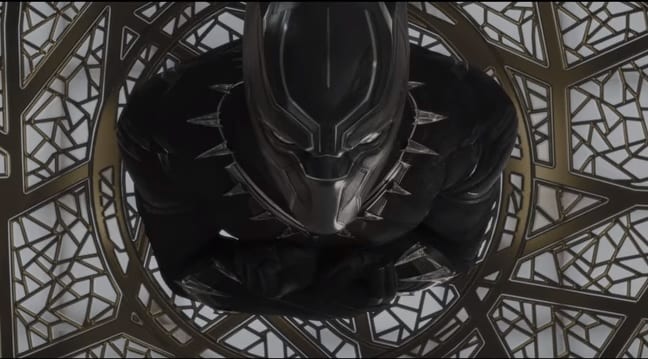History hidden from me To hide my identity So I'd never feel I am somebody You've gouged my eyes I see more clearly You've tried to rob My humanity My spirit you tried to break My soul you tried to take There's no need to be afraid Cause I won't do unto you nowhttps://www.youtube.com/watch?v=7Y-2-Z5ygsg These lyrics, taken from Janet Jackson's iconic 1993 cut New Agenda, are but … Continue Reading ››
